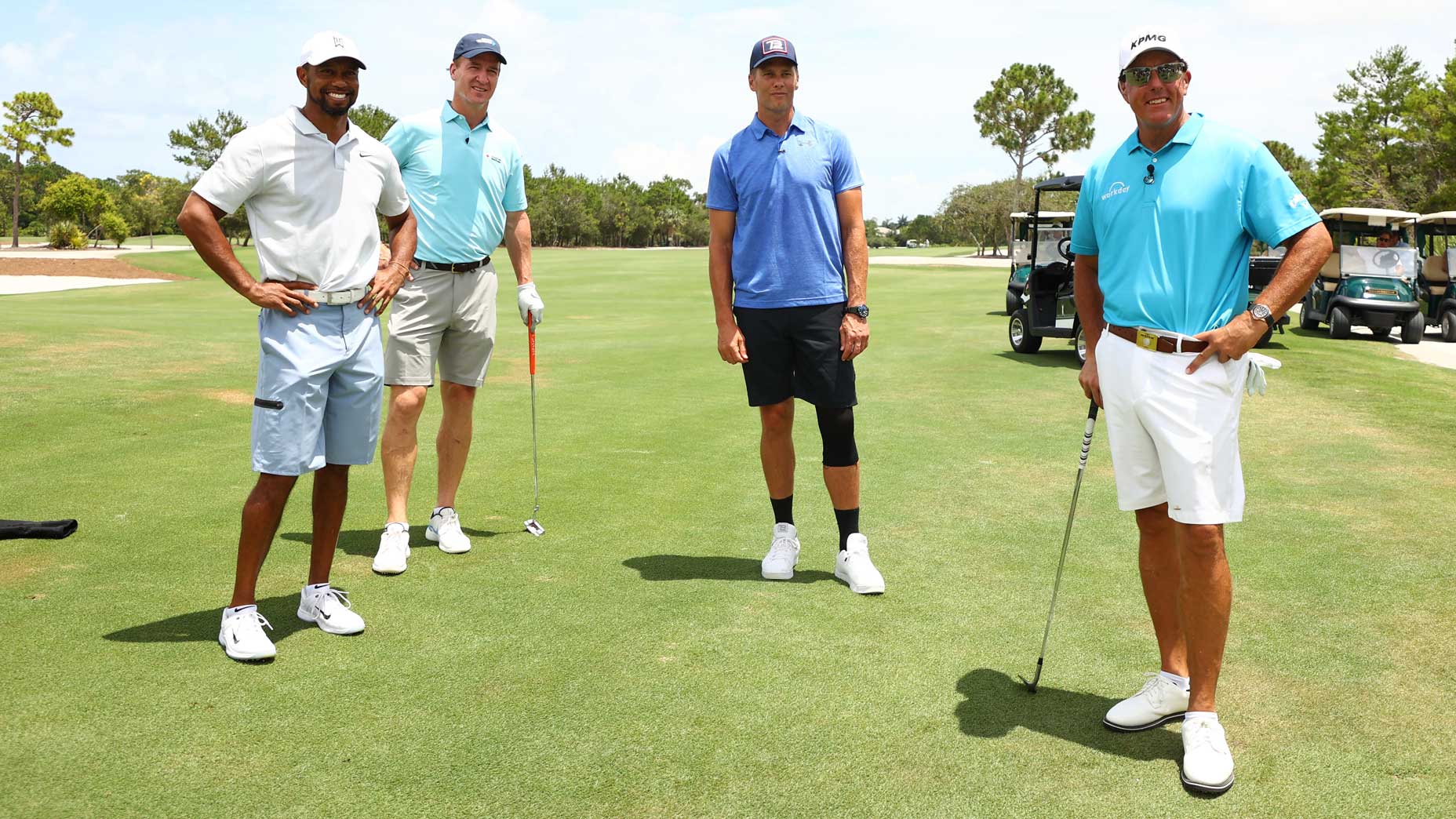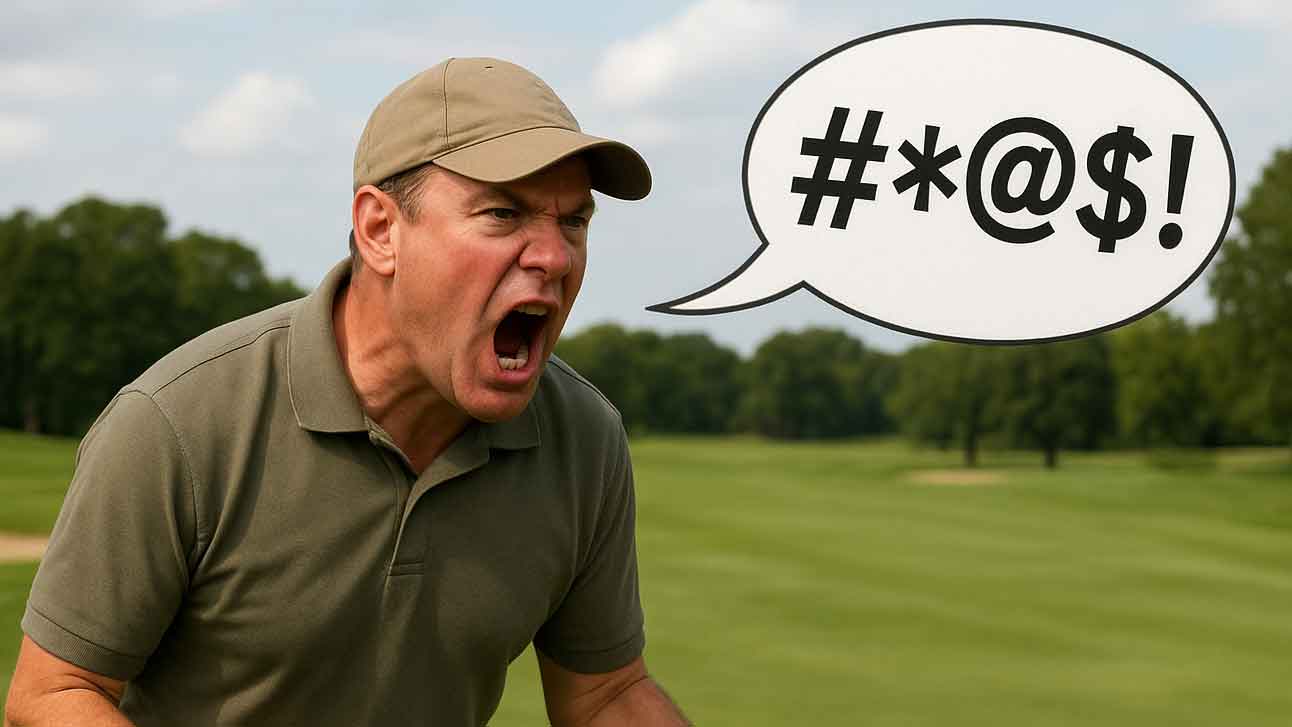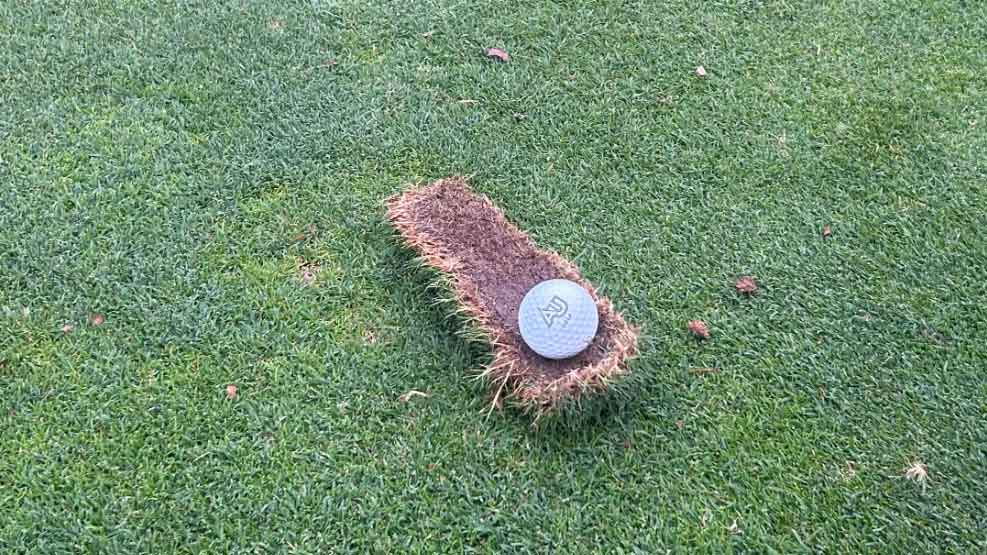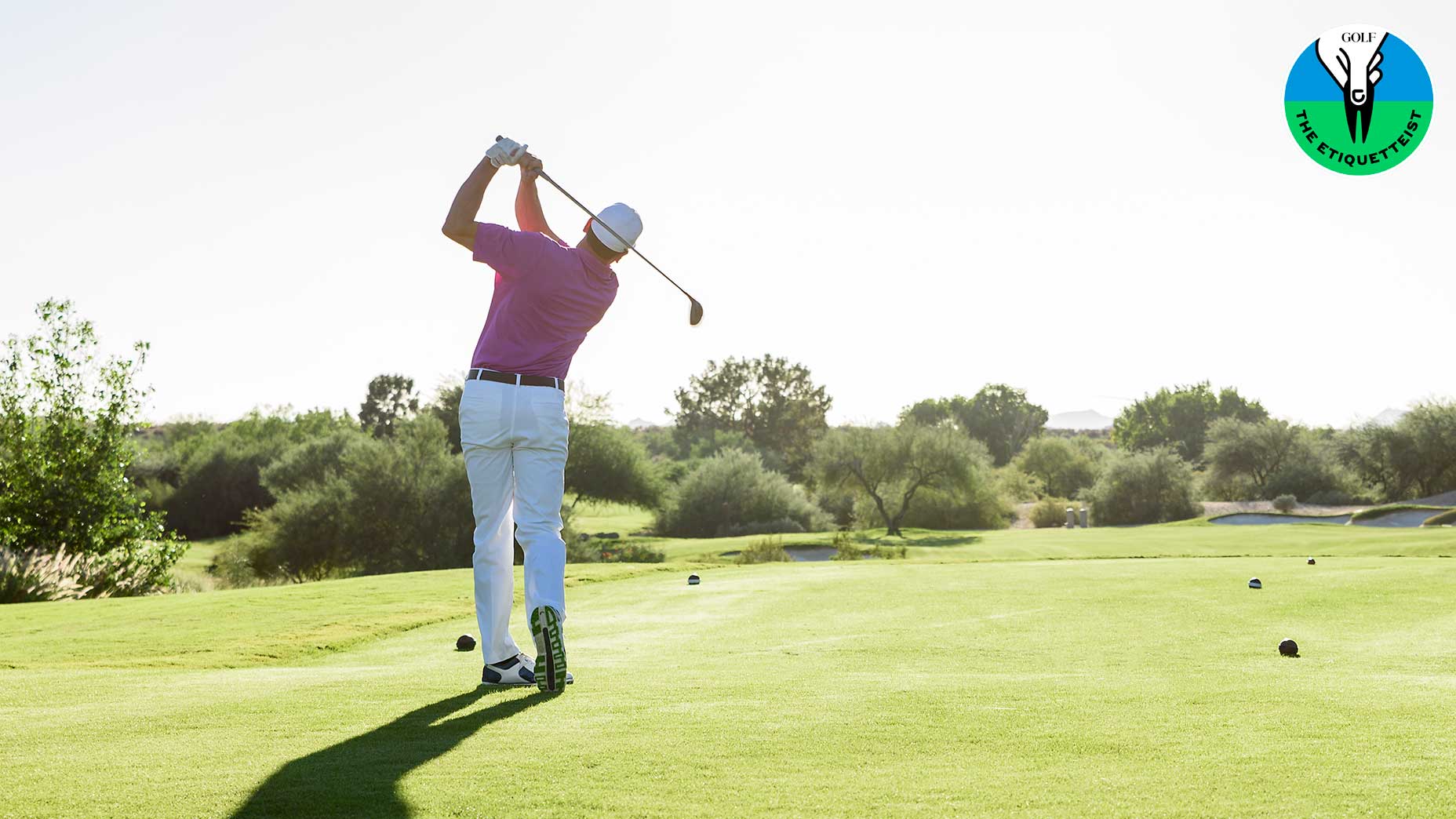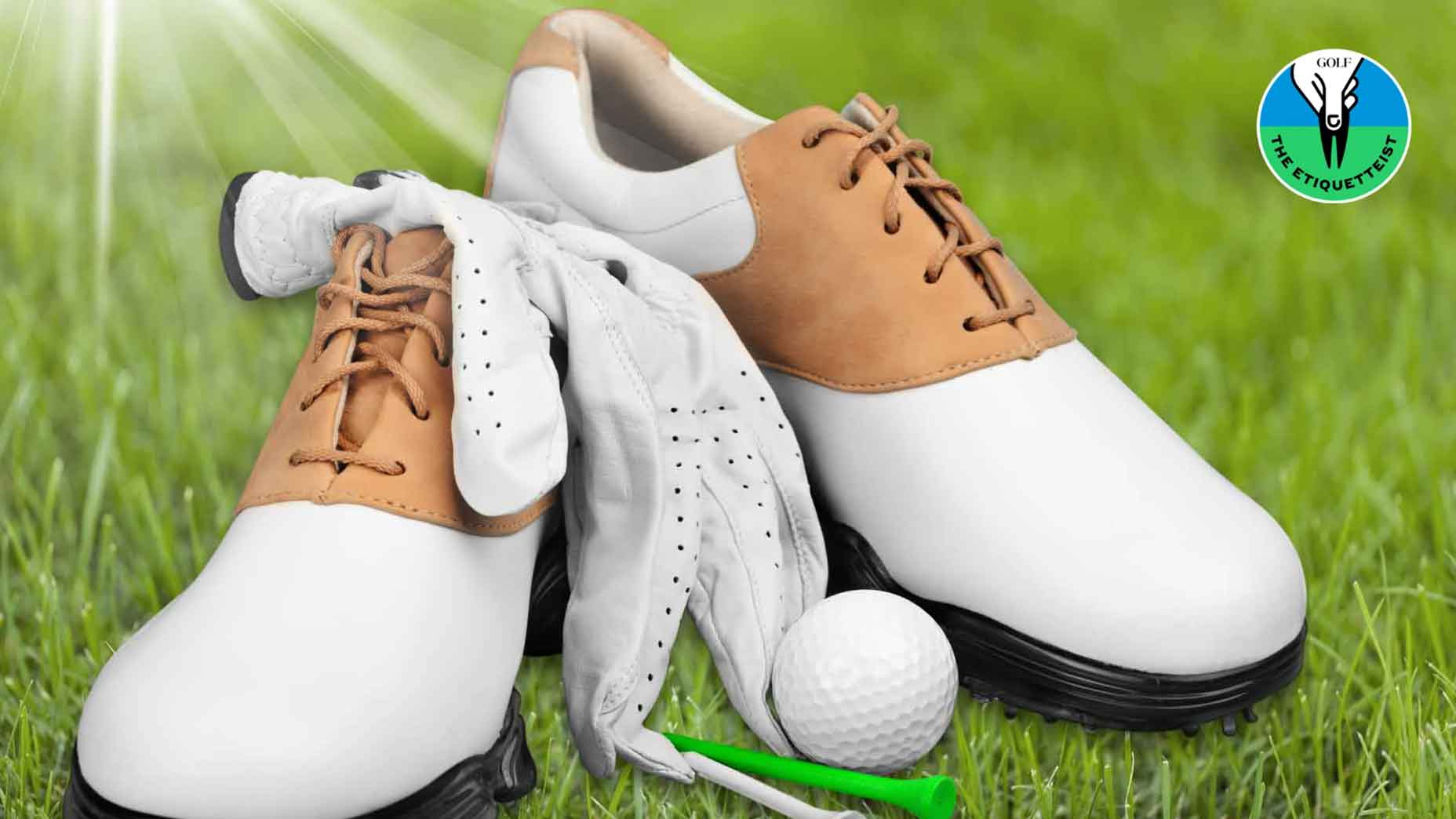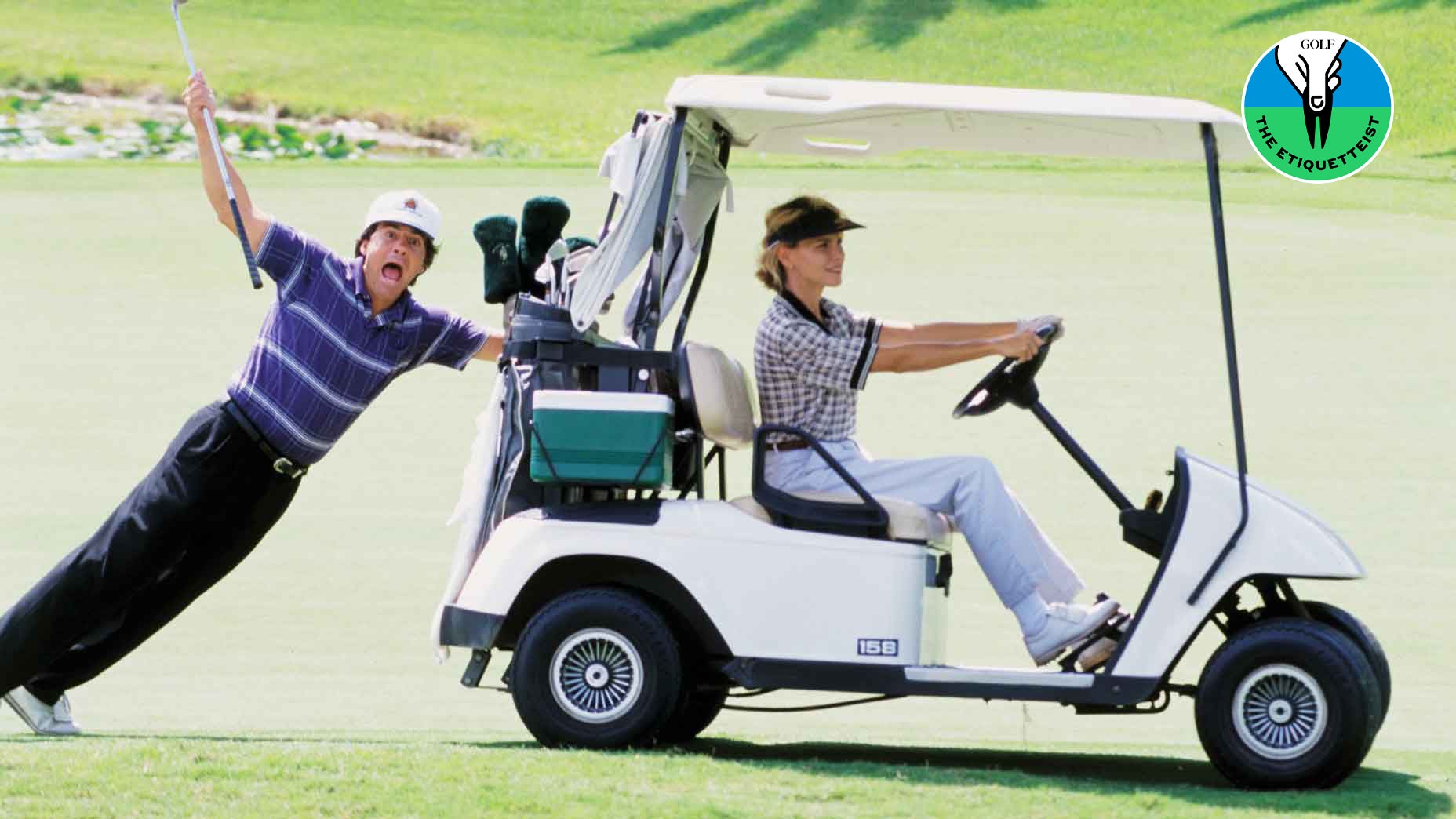Team golf is such a widespread part of golf at the recreational level, it was nice to see it showcased at the highest level during The Match II last weekend. At its core, there was something very familiar and relatable to it. Four golfers — 2 on 2 — paired up and playing for a prize.
But watching the contest, I started thinking: What makes for a good teammate in golf? The kind you don’t just enjoy playing with, but can trust and count on? And, on the flip side, what are things that bad golf teammates do?
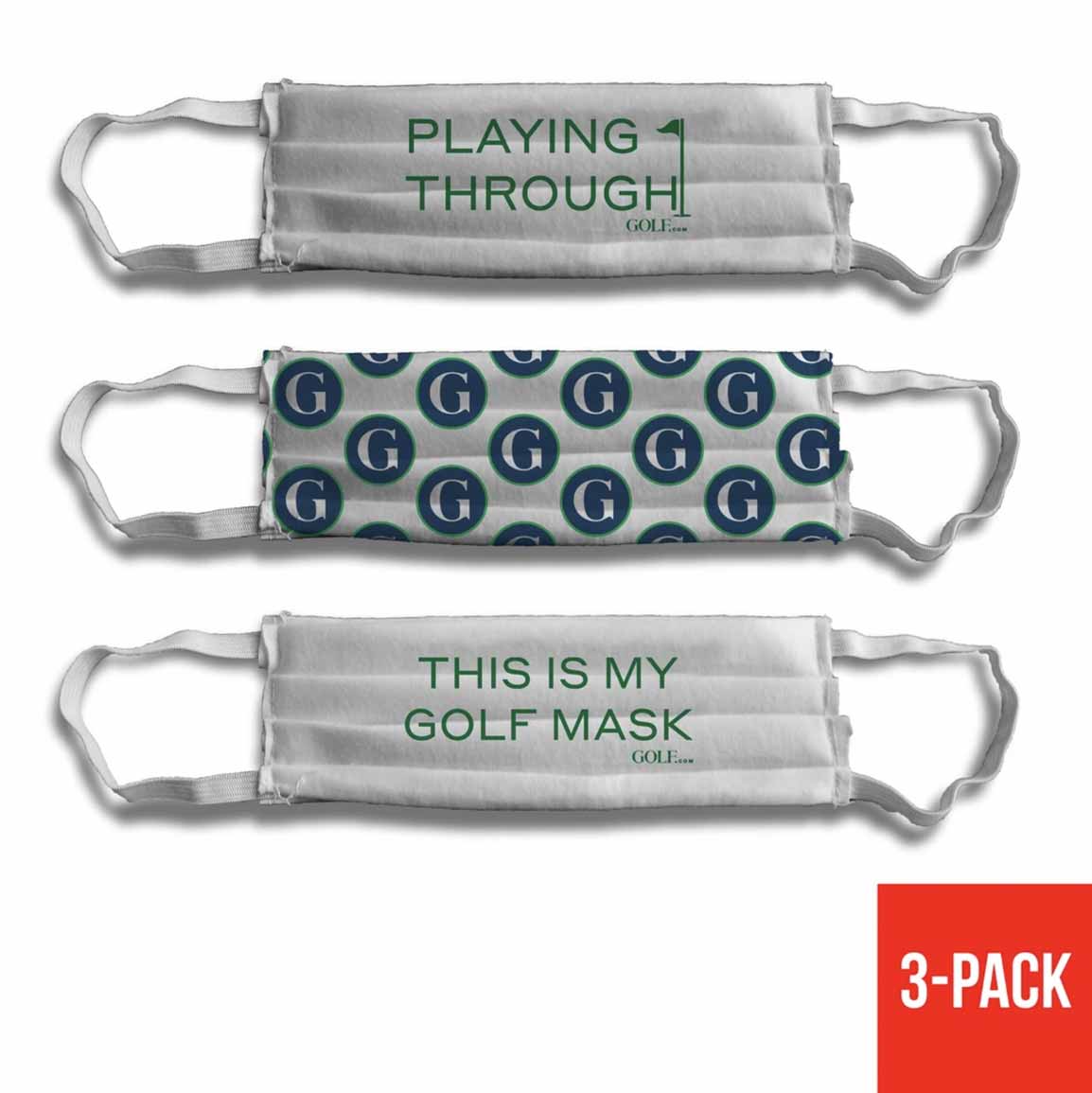
GOLF MASK PACK
After a quick consultation with my GOLF.com colleagues, we determined that there are few things you should avoid doing if you want to be considered a good teammate by the golfer you’re paired with. To the list!
1. Don’t give Up
Tom Brady did not play well on Sunday. But one thing he didn’t do? Give up. He holed-out a wedge on his 7th hole then, after another period of substandard golf, knocked-in an eagle putt on the back nine, which helped keep the match interesting.
Look, sometimes you’ll be paired with someone and play poorly. It happens. But when those bad days do come, don’t give up. Keep working hard to chip in, even if it’s just on a hole for two.
Golfers can forgive a teammate who plays poorly. It happens, and they get it. They won’t forgive the teammate who stopped trying.
Brady sinks the eagle.
Phil and Tom starting the comeback? 👀
(➡️@audi) pic.twitter.com/VO4pw771tr
— Bleacher Report (@BleacherReport) May 24, 2020
2. Don’t make bad holes worse
If your teammate is in the trees and needs to punch out, or worse, in the water, out-of-bounds, or some other unenviable spot, take a step back and think. Your partner needs you to be smart, not to be brave. Keep your ball in play, that’s the new goal. Don’t pull driver and blast it into the trees seconds after your partner just did the same thing. Be the teammate your partner knows can bail you out when you need it.
3. Don’t apologize during your round
This is a small one, admittedly, but it’s something I’ve heard multiple pros say: If you’re playing poorly, or even if you just missed a short putt to lose a hole, don’t be the guy who starts apologizing. Focus on the task at hand, and stay positive. You’ve got work to do.
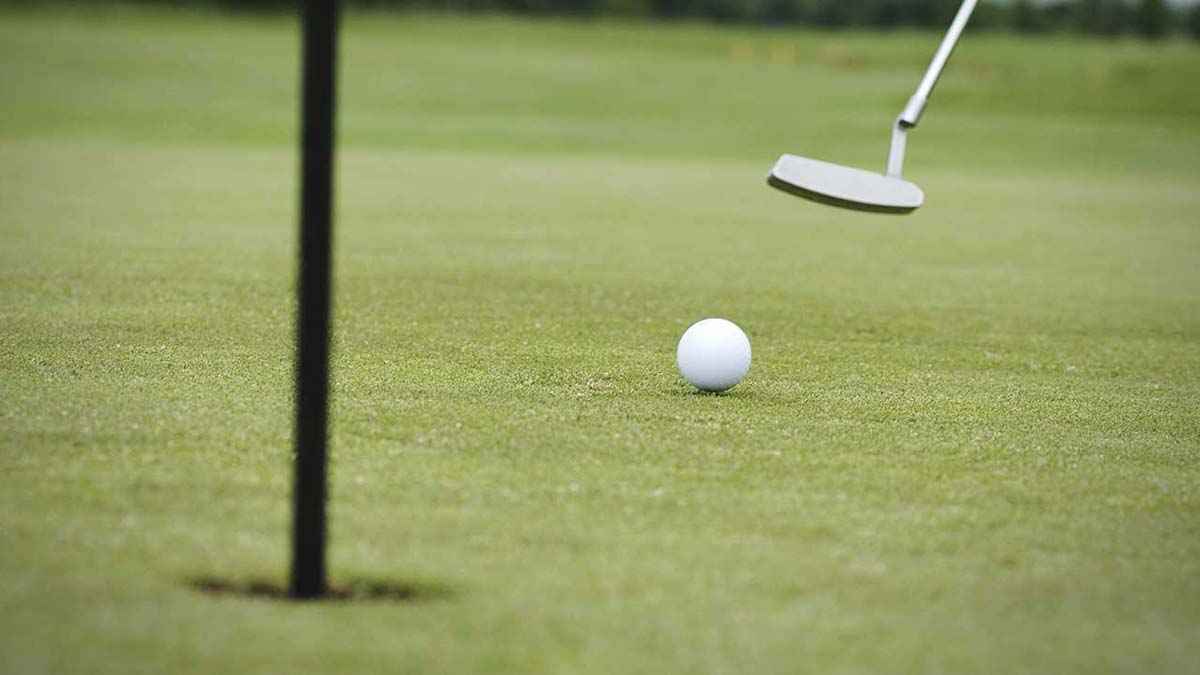
4. Don’t give putts without consulting
Remember, you’re part of a team. Anything you do effects both of you, so if your opponent has a short putt (unless it’s a tap-in), don’t give putts without consulting with your playing partner, who may have very different ideas about which putts should be given.
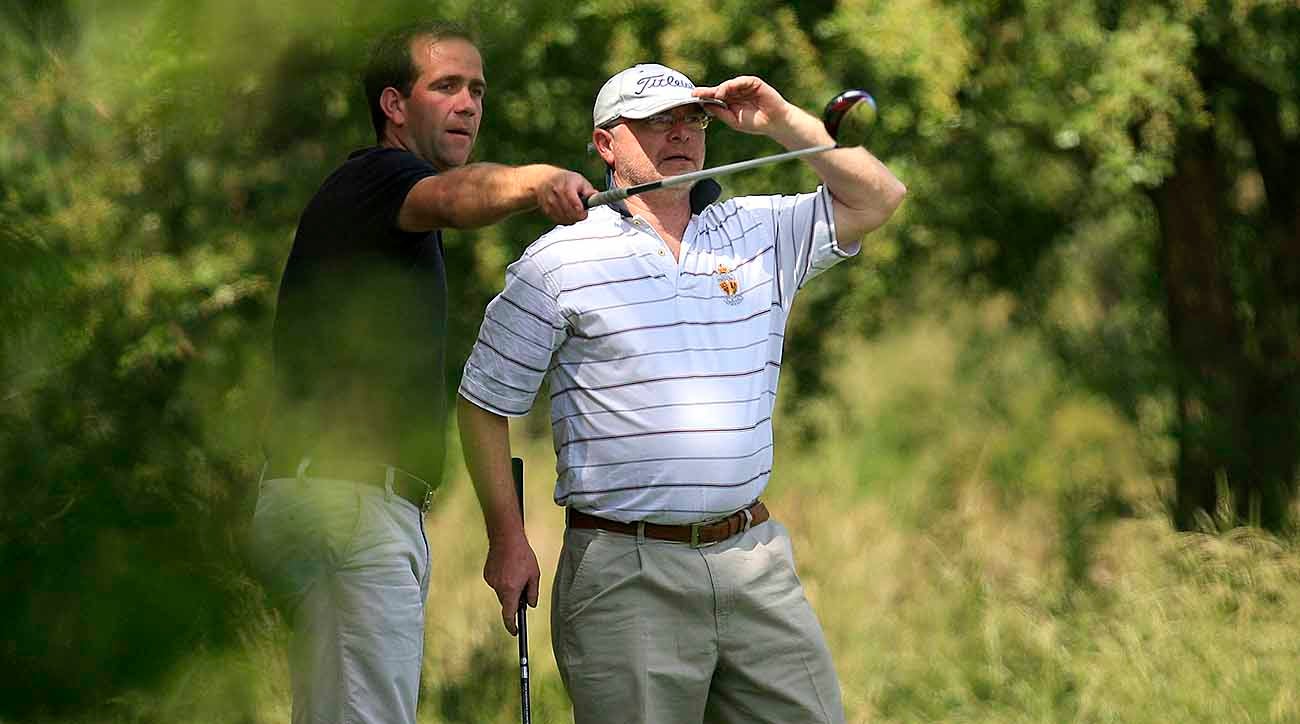
5. Don’t ignore advice
If your playing partner thinks a putt is going to break left and advises you to aim right edge, you don’t have to listen to them. Ultimately, you’re the person who has to hit the shot, and you need to back yourself. But don’t ignore your partner’s advice, either. Take it in and evaluate it for yourself, because they may be seeing something you aren’t.
6. Don’t be *too* helpful
It’s a fine line, admittedly. If your partner asks for advice, give it. If you have some course knowledge that is important — “you can’t see it but there’s water up there” — of course, share it. But understand when to take a step back and give your playing partner some space. Don’t act like your partner’s caddie, reading all their putts. All you’ll do is annoy them.
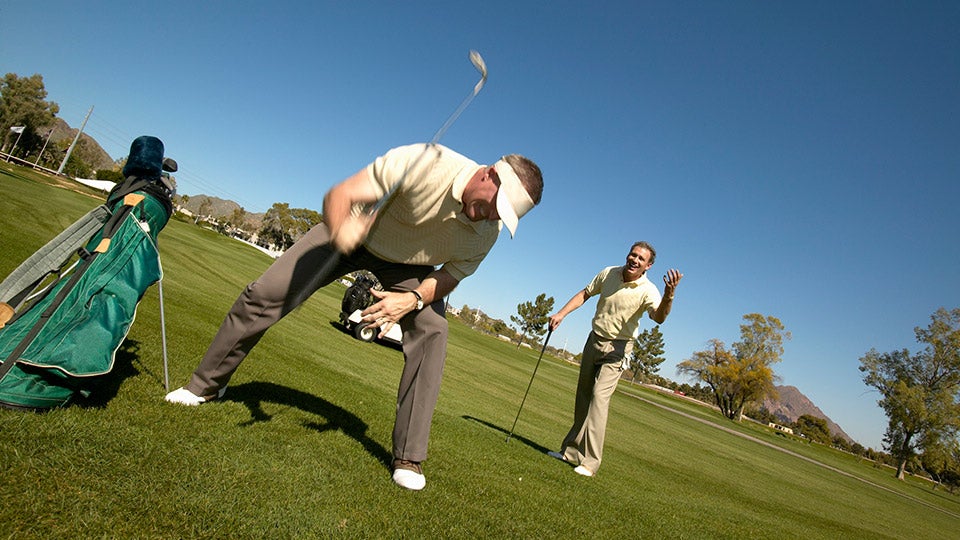
7. Don’t lose your temper
Don’t be that guy who makes everyone else miserable. It’s just a game.
